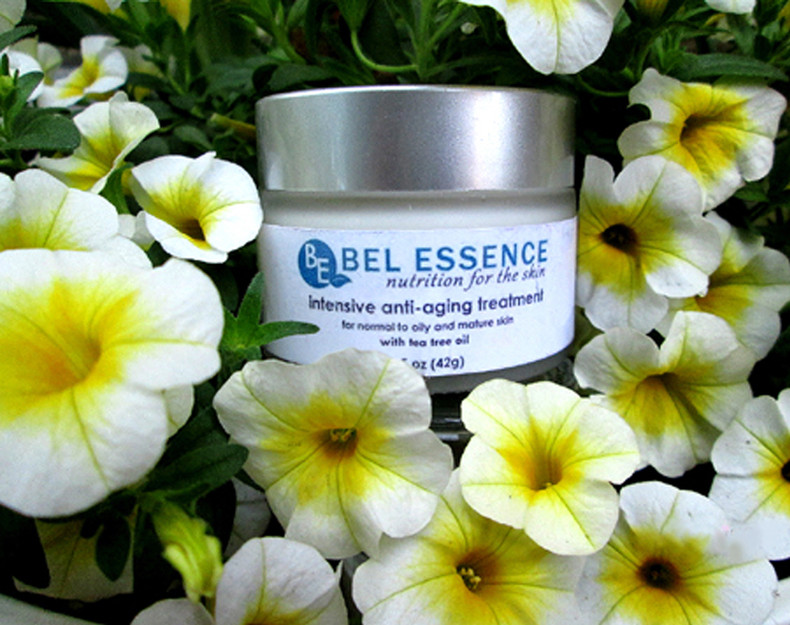We are inundated with “miracle” skin care products that will magically cure our skin’s ills. While there are some effective ingredients, they are not necessarily effective for the reasons presented in the ads. Let’s take a look at what doctors and scientists say about healthy skin.
What is the make up of our skin?
Our skin consists of three different layers: the outer layer (epidermis), the middle layer (dermis) and the deepest layer (subcutis). Our skin varies in thickness depending on where it is found on our body, our age (older people have thinner skin) and gender (men usually have thicker skin). The skin we see and obsess about is the epidermis. This layer is made up of cells that produce keratin, which makes them harden, and these cells serve to seal off the skin from the outside environment. As they die off, newer cells are pushed to the surface, constantly renewing this layer of the skin.
Your skin is your body’s largest organ, and it serves important functions:
- 1.Skin acts as a barrier to the outside environment, repelling moisture, dirt, germs, toxins and cold.
- 2.Skin helps regulate your body temperature and prevent dehydration.
- 3.Skin stores moisture and fat in its deep layers to support your body functions.
Healthy skin is able to perform its important functions and retains moisture and a youthful look. So, what do we need for healthy, anti-aging skin?
The five important vitamins for healthy skin (according to doctors):
Vitamin A: Most of us have heard the term “retinol” in skin care, which is a name of a Vitamin A compound. The formal name for these compounds are retinoids, which are Vitamin A and derived from Vitamin A. Topical retinoids are commonly used to treat acne, but they also reduce fine lines and wrinkles by increasing the skin’s production of collagen, influencing skin structure. Vitamin A also influences cell growth, increasing cell turnover, and helps prevent moisture loss.
Vitamin B: The eight Vitamin B’s are necessary for nearly every function in the body. For skin, a deficiency can cause acne, dry flaky skin, and it can make your skin more sensitive to sunlight, and even personal care products. Our body does not store Vitamin B, so we need a daily dose to stay healthy. Fortunately, there are a multitude of foods containing these important vitamins.
- Vitamin B-1 (Thiamine) is important for supporting the immune system and the nervous system.
- Vitamin B-2 (Riboflavin) helps cell turnover and collagen production. It helps prevent skin dryness which helps regulate the skin’s oil production and can help reduce breakouts.
- Vitamin B-3 (Niacin) treats a wide range of skin problems including rosacea, eczema and sun damage and has strong anti-aging properties.
- Vitamin B-5 (Pantothenic Acid) provides moisture to the skin and helps increase the skin’s elasticity.
- Vitamin B-6 (Pyridoxine), like B-1, reduces stress by helping the body produce serotonin, melatonin and norepinephrine; stress and lack of sleep contribute to premature aging.
- Vitamin B-7 (Biotin) is important to metabolize fatty acids, and protects cells from moisture loss. It has anti-inflammatory properties and helps fight acne.
- Vitamin B-9 (Folic Acid) is a powerful antioxidant that protects skin from environmental damage and reduces sun damage.
- Vitamin B-12 (Cobalamin) supports cell regeneration and reduces inflammation.
Vitamin C: Vitamin C has been touted as the “skin brightening” vitamin, and this claim has shown merit. Vitamin C has shown to decrease the production of melanin, and reduce the appearance of hyperpigmentation and age spots. Vitamin C has also shown to be a key factor in the production of collagen, and acts as an antioxidant that can neutralize and dispose of free radicals. Vitamin C also reduces sun damage, helps reverse dry skin and protects skin from the causes of skin aging; a Vitamin C deficiency leads to skin conditions associated with aging.
Vitamin D: Vitamin D is important for protection for sun damage and skin repair by enhancing the skin’s immune system, as well as cell regeneration.
Vitamin E: Vitamin E has long been used directly on the skin to help wounds heal, and there is science to back that up. Vitamin E is a powerful protector against photoaging, aging caused by sun damage, protecting against wrinkles.
It is important to have a healthy and diverse diet to ensure that your body gets the important nutrients that support all its functions. Supplements and topical vitamins can help ensure that your body is getting adequate nutrition, and skin care that contains the important vitamins and nutrients give your skin an added boost. Bel Essence products are built on that principle – delivering the important nutrients so that your skin stays healthy and naturally anti-aging.

